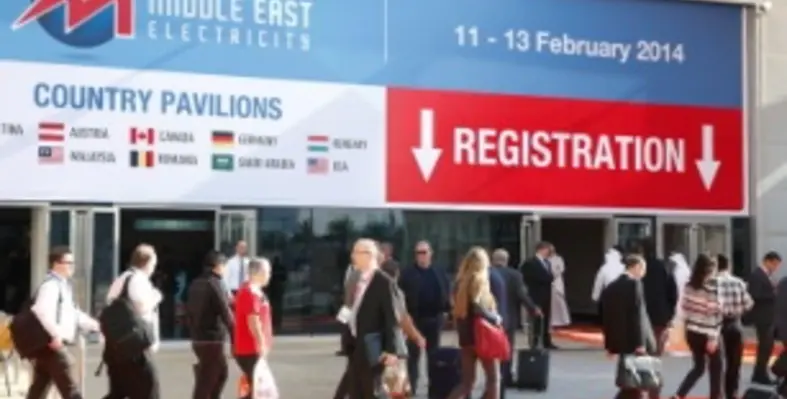Page 1 of 2The 42nd edition of Middle East Electricity (MEE), scheduled to take place from 14-16 February 2017, is looking into the future and promoting ?Smart Cities? concept. In an interview with Technical Review Middle East, Anita Mathews, director, Informa Energy Group, talks about the opportunities in the Middle East?s electricity sector
Technical Review Middle East (TRME): With the sluggish growth in oil prices, how do you think the Middle East electricity industry is faring?
Anita Mathews (AM): Despite low oil prices, there are many opportunities for growth in the industry over the coming years. The power construction industry in the Middle East is expected to register robust growth with the UAE, Saudi Arabia and Kuwait being attractive markets for power plant opportunities, as they increase generation capacity to cope with future population growth. With further advancement in technology, reduction of prices and clean technology, solar power is going to experience phenomenal growth and could soon be the preferred source of energy in the Middle East region. Across the GCC, it is estimated that US$316bn of investment is needed in the power sector by 2020, and so reform efforts will open up the power sector for private investment in generation, transmission and distribution.
The GCC power construction contractor awards are also set to increase from US$22.3bn in 2016 to US$25.52bn in 2017. Saudi Arabia is expected to register the highest contractor awards in 2017, at around US$12.35bn, an increase of over 50 per cent from its 2016 award value. Elsewhere in the GCC, the value of power construction contract awards will also significantly increase in Bahrain, Kuwait and Oman. The GCC countries are also set to invest US$252bn over the next five years in projects for setting up new power production plants, distribution systems and supply grids.
TRME: Have you seen an evolution of the electricity sector in the past year? What are the core subsectors that the industry needs to focus on in the region?
AM: Over the past year, we have seen huge investment in renewables, with Dubai announcing the third phase of its record breaking Mohammed Bin Rashid Al Maktoum Solar Park and investment in other major solar projects in Saudi Arabia and Kuwait. It seems clear that this is a trend set to continue as nations in the Middle East strive to reduce their carbon footprint and increase generation capacity.
As mentioned above, with an approximate US$316bn investment needed by 2020 to meet power needs in the GCC, this year has seen a great deal of planning for the future and rising populations and demand. The introduction of independent power producers (IPPs) in the GCC has been instrumental in meeting rapidly rising electricity demand. Oman was the first country to open up its power-generating sector through reforms and reform efforts are currently underway to achieve the same in the other GCC countries.
TRME: Your opinion on the smart grid initiatives in the Middle East and do you think that smart grid is the future?
AM: As populations in cities across the Middle East continue to grow, the need to sustainably and efficiently manage energy supply increases. Smart grids will form a key part in boosting power efficiency in the Middle East in the coming years, as well as enabling and facilitating increased use of renewables. Across the region, we have seen plans in many cities in recent years to adopt smart grid technology, for example as part of the ?Smart Dubai? initiative, and it is clear that this technology is going to have a great impact on the industry?s future.
It is estimated that GCC countries can save up to US$10bn in infrastructural investment by 2020 through the use of smart grid, which optimises supply and demand by using information technology to provide a two-way flow of real time information between power generation, grid operators and consumers.
One of the pioneering government bodies for this technology is DEWA who is fully-prepared to turn this vision into reality through new smart initiatives and services. DEWA invests heavily in innovation in the field of renewable and clean energy technology, and is spearheading developments such as Shams Dubai, which connects solar power in homes and buildings to DEWA?s grid, smart applications via smart meters and grids, and the green charger to build the infrastructure and electric-vehicle charging stations. The project will include the construction of a smart grid model at DEWA?s headquarters, which will include solar panels, an energy storing system (ESS) and integrated operating system.








